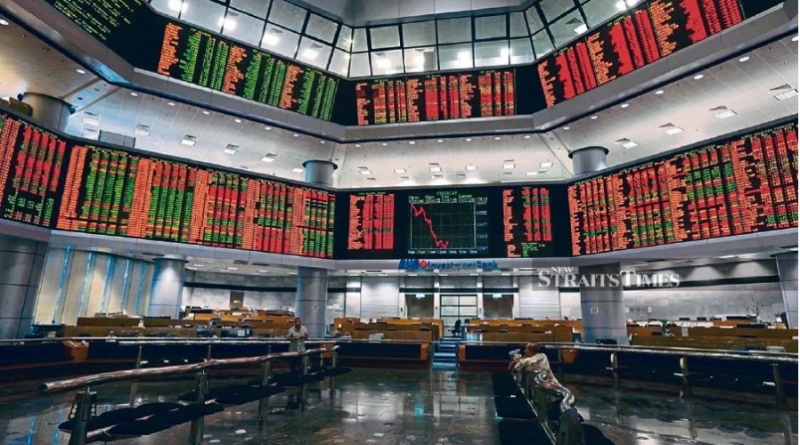MCO 2.0 could lift retail, foreign investors participation
KUALA LUMPUR: The second round of the Movement Control Order (MCO 2.0) is likely to boost retail participation and potential return of foreign investors to local stock exchange, said Hong Leong Investment Bank Bhd (HLIB).
Its analyst Jeremy Goh said this could in turn encourages average daily trading volume (ADV) in Bursa Malaysia despite a volatile recovery path in 2021.
“Looking ahead, with more people locked down at home during MCO 2.0, this could prompt retailers to enter the market in a more aggressive manner,” Goh said in a report today.
This phenomenon was witnessed during the previous MCO where retail participation rose from 27.1 per cent pre-MCO 1.0 (January to mid-March 2020) to 32.5 per cent from mid-March to end-April.
Goh said foreign investors had been net sellers on Bursa in six of the past seven years (2020: RM26.4 billion, highest outflow).
“With foreign shareholding now at a low of 20.7 per cent, the base appears much more palatable to envision their re-entry, especially so if they turn ‘risk on’ amid a vaccine driven recover climate.”
Judging from the fourth quarter of 2020 (Q420) ADV of RM4.83 billion (-16 per cent QoQ, +170 per cent year-on-year (YoY), quarterly core earnings could come in at RM100 million to 105 million, bringing financial year of 2020’s (FY20) sum to about RM370 million (almost doubling YoY).
HLIB has raised Bursa Malaysia Bhd’s earnings for FY20, FY21 and FY22 by 11 per cent, 13 per cent and 16 per cent respectively.
“We maintain a buy call with slightly higher target of RM11.46 from RM11.45 for Bursa based on 30 times FY21 price-earnings ratio.”
Goh said based on the lower end of estimated range, Bursa’s FY20 earnings would end at slightly above RM370 million, almost doubling from FY19’s RM189.2 million.
“If met, this would surpass our previous forecast by 11.5 per cent and consensus by 4.9 per cebt. Q420 results are tentatively due for release on Feb 2, 2021.”
Goh said with heightened volatility along the recovery path as there would likely be a lot of opposing news flow between positive vaccine rollouts and a still rising Covid count (both domestically and globally), volatility could be amplified further by the recent reintroduction of regulated short selling.
“We hold the rather consensus view that 2021 will be a vaccine led recovery year. We believe the first half of 2021 will very much be a trading market as investors actively rotate back and forth between recovery plays and gloves.
“As such, despite the high base last year, ADV may be possible to sustain in 2021,” he said, adding that ADV for the month-to-date January remained robust at RM5.11 billion.
Source: NST

